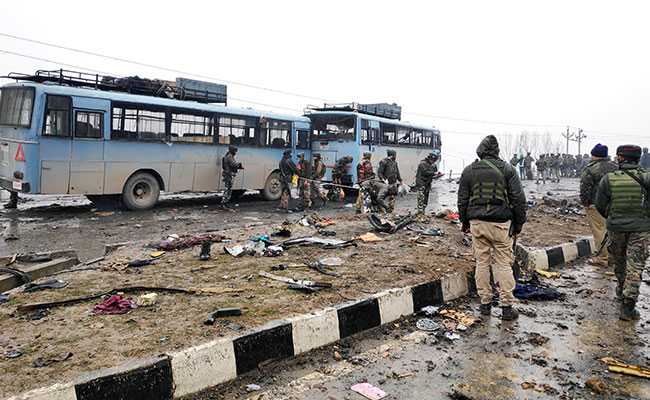New Delhi, July 09: The Financial Action Task Force has flagged the use of e-commerce platforms and online payment services to fund terror activities. In its latest statement, the global terror financing watchdog flagged the abuses of these services while citing the February 2019 Pulwama terror attack and 2022 Gorakhnath Temple incident.
“Delegations reported on this trend by referring to the use of state sponsorship for TF (terror financing) either as fundraising technique or as part of the financial management strategy of the certain organisations engaging in terrorist acts. Several forms of support have been reported, including direct financial support, logistical and material support, or the provision of training,” said the official statement from the FATF.
In its report – Comprehensive Update on Terrorist Financing Risks – the watchdog also flagged state sponsorship of terrorism, stating that “certain terrorist organisations have been and continue to receive financial and other forms of support from several national governments.”
FATF cites 2 Indian attacks
As per the FATF, the key component in the explosive device for the 2019 Pulwama attack was procured from EPOM Amazon
The 2019 Pulwama attack in Jammu and Kashmir resulted in the death of 40 CRPF soldiers. As per the Indian government, Pakistan-based Jaish-e-Mohammed (JeM) was responsible for the attack.
“EPOMs can be used for fund-moving purpose inspired by trade-based money laundering schemes. Traded goods can indeed offer disguise to value being transferred from an accomplice to another member of the network. In such scheme, the first actor would purchase items, send them to his accomplice through an EPOM, for the latter to sell items in another jurisdiction and use profit to finance terrorism,” the FATF added.
For the 2022 Gorakhnath Temple attack, where an individual attacked the security personnel deployed there with a sickle, the FATF noted that online payment services and VPNs were used to fund the attack.
FATF added that investigations revealed that the attacker transferred ₹669,841 (USD 7,685) via PayPal to foreign countries in support of ISIL, while using international third-party transactions and VPN services to obscure the IP address.
“Due to the suspicious nature of these transactions and the potential for TF, PayPal suspended the accused’s account, thereby preventing further illicit fund transfers,” said the FATF case study.
In June 2025, the FATF condemned the Pahalgam attack and called on countries to combat financing terrorist activites. Following the condemnation, India filed an official request with the watchdog to put Pakistan back on the “Grey list” for financing cross-border terrorism in India.
(With inputs from PTI)




